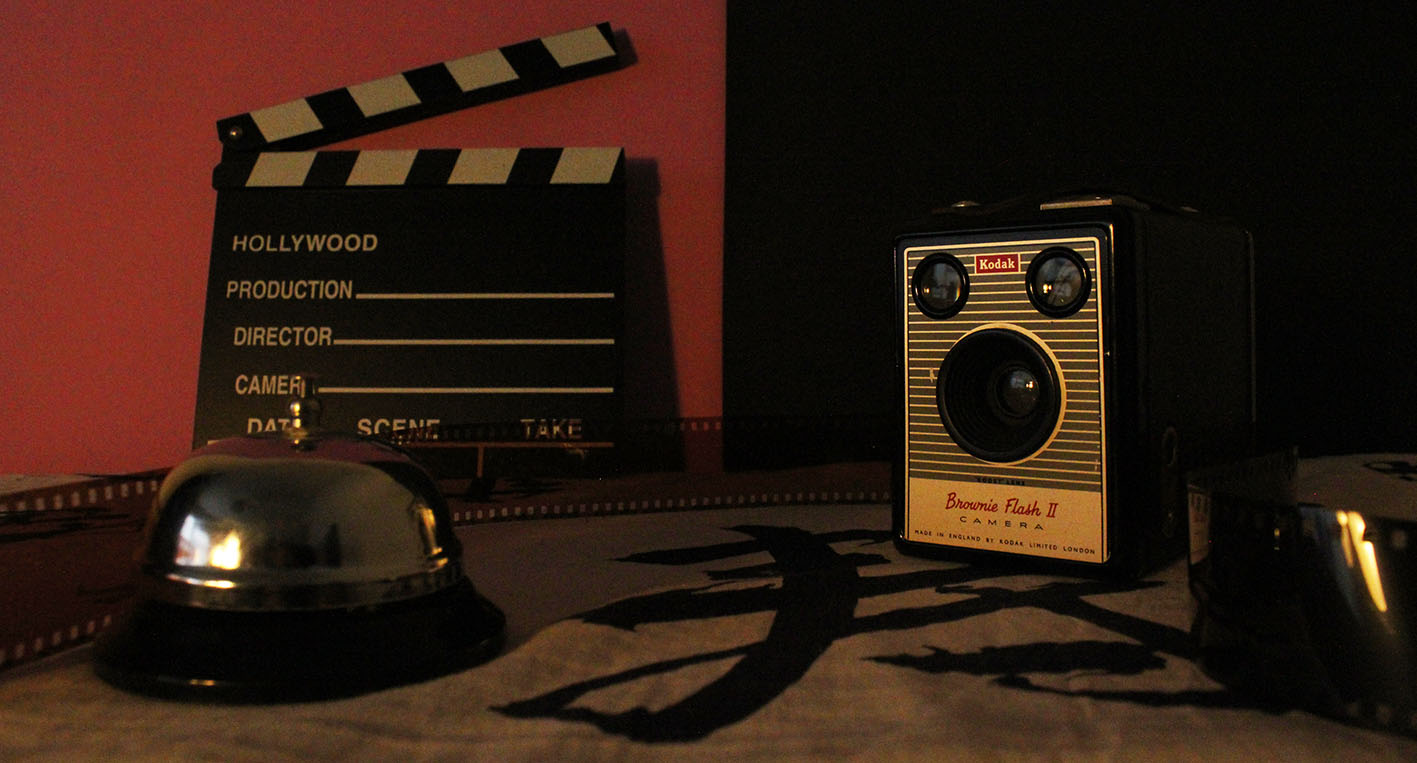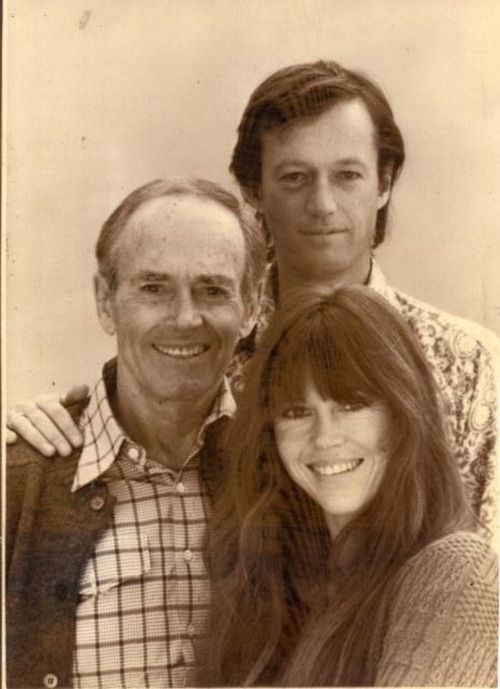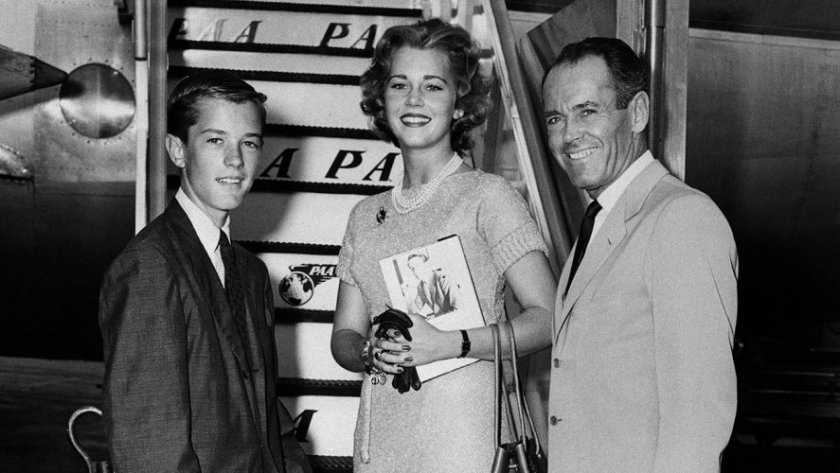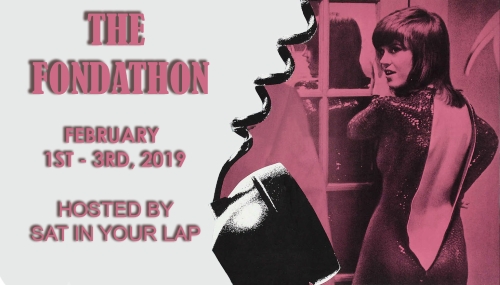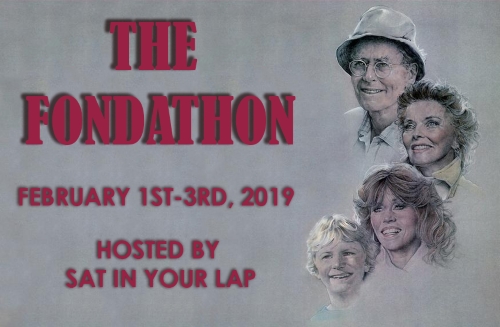The following points primarily focus on film criticism but some of them can also apply to the reviewing of other forms of media. I am guilty to some of the following during my early attempts at writing movie reviews but eventually saw the error of my ways, and became increasingly aware of and irritated by the following. I may add more in the future.
Describing the Plot of a Film in Detail:
There was once a time I looked at reviews people had written and being impressed by big paragraphs of text, until I would actually read the review and find a large portion of it, sometimes majority of the review is a description of the film’s plot, essentially filler to make a review look longer than it actually is. If I have seen a film then I already know the plot so why would a read lengthy description? If I haven’t seen the film then I want the film to contain surprises and don’t want to know the plot in detail, and if I do want a summary of a film’s plot then I can just read a synopsis on IMDB or Wikipedia.
Labeling a Film “Outdated”:
I believe the term outdated can be aptly used at times; a friend of mine felt The Wages of Fear was outdated because he considered the remake Sorcerer to be superior, ok fair enough. The majority of the time, however, I feel it’s just used as a lazy way of writing off an old movie that someone didn’t enjoy. I didn’t enjoy the film, Little Caesar, as much as I’d like to as I’m a big fan of the Warner Bros gangster movies of the 1930’s; so should I just write it off as “outdated”? No. I’m sure I would have the same reaction to the film if I watched it in 1931. Instead, I’ll examine the movie for why I don’t like that rather than just calling it “outdated”.
Other times reviewers will label something as outdated as if it’s supposed to be a bad thing. “The special effects are outdated, the acting style is outdated, the politics are outdated, the music is outdated”. Yeah, that’s one of the reasons I like old movies. It’s a world away from our own and they offer an insight into the world at the time.
Being Overly Apologetic For Your Opinion:
It goes without saying that snobbery is looked down upon, but I do find the other extreme end to be annoying. I am guilty of this myself in the past, being afraid to put forth an unpopular opinion (i.e, my thoughts on Rocky V), which ultimately I believe leads to a misrepresentation of your true opinion. For example, In the review James Rolfe posted on his site Cinemassacre for Batman Begins as part of his Bat-a thon series of reviews (not to discredit the man as he is a huge inspiration on me), he spends most of the review criticising aspects of the film but only to say at the end he enjoyed the film overall.
I feel like there exists this fear of one being labeled a fanboy or fangirl for constantly praising something they like, and having to justify it by pointing out that they don’t love everything or even dislike pieces of work form an artist or franchise; talk about a first world problem. Someone on the internet called me a fanboy? So what, big deal; I like what I like.
Criticising a Film as Historically Inaccurate:
Movies are pieces of entertainment, not documentaries. Alfred Hitchcock said “drama is life with the dull bits cut out”. Do you really expect a film based on historical events to be entertaining and emotionally engaging if it’s 100% accurate to the known accounts? Unless we’re talking about a glaring anachronism which takes you out of the film, then a certain amount of artistic license is fair game. I find cinema can be a gateway to history; I watch a film based on a historical event and it may make me want to research said event, which I might otherwise not have known about.
Not Having Anything Unique to Say:
In the past I tried to review It’s a Wonderful Life, it’s one of my favourite movies however I couldn’t find much to say about it which has not been echoed by people in the past, so I simply didn’t write a review for it. How tiresome is it read/hear a review which just states the commonly known reasons why a particular movie is beloved or disliked (Or God forbid hearing that dreaded review opener “What can I can I say about this film which hasn’t been said before?”). Film critic Mark Kermode for example gave the Twilight movies positive reviews. I certainly don’t agree with him but it was refreshing to hear an alternative opinion rather than hearing the same old reasons why The Phantom Menace sucks for the millionth time.
Criticising the Use of Plot Holes:
If a film contains a plot hole and it simply doesn’t bother me, then it’s a testament to how great a film can be unless the plot hole hurts the story. The worst film reviewers will point out plot holes as a means of acting snarky. When a person or a group has invested several years of their lives towards the production of a movie they are certainly going to be aware if the script contains plot holes. Do you ether make changes in the script which will affect the flow of a film just so it can be more realistic or do you disguise the plot holes, which itself requires skill.
Complaining About Academy Awards:
I have a rule when writing reviews not to talk about Academy Awards because I feel it is so redundant to do so. “How did this beat ‘x’ picture?”, Why didn’t ‘x’ get an Oscar nomination?”; such tiring statements. It’s no secret that the Academy awards safe film choices and movies which don’t deserve to win throughout its entire 90 year history. There is no rhetoric employed by the Academy Awards to determine what makes a film awards worthy, so why is there always uproar or shock over their choices?
Criticising a Movie For Being Sentimental:
There doesn’t seem to be any word more dirty than sentimental. Unearned emotions? What does that even mean? Stories have been manipulating people’s emotions since the dawn of time. Pulling of effective sentimentality is a skill, and I have not come across a single good reason as to why it is a problem. This is the one film criticism which has annoyed me so much in the past it’s actually been bad for my mental well being. Give me the swooning love scene with the over the top music or the death scene in which the emotions are in full gear. I won’t feel guilty about being moved by it, not one bit.
Criticising a Movie For Being Melodramatic:
Another word which has become dirty for no good reason. Melodrama is a style of storytelling and there’s nothing wrong with it in and of itself; it can be done well and it can be done badly. It’s not going to be everyone’s cup of tea, but unless a film is overly melodramatic or has misplaced melodrama, then more than not it’s another cop-out criticism.
I Like It Because I Grew Up With It:
I’d be willing to give some leeway on this one as maybe some people can attach a strong nostalgic bond to a movie (or another piece of media) and enjoy it largely or entirely on that even if the media in question is not very good. Although I’m not fully convinced and see this as a possible cop-out answer rather than giving a movie a legitimate examination as to why you like it, not just because you grew up watching it. I feel that movies which fall under this banner are often those which people are embarrassed to admit they like. Which segue ways into my next point…
Describing Films Not Held In a High Regard as a “Guilty Pleasure”
Embarrassed to admit you like a movie? Then just say it’s a guilty pleasure and never have to defend your opinion. Ummm…no. I prefer to judge movies on an equal playing field. It doesn’t matter if you’re American Pie or The Seventh Seal. Why should I feel guilt for something which gives me pleasure? What are you? The Roman Catholic Church? What even constitutes as a guilty pleasure? I’ve some lists of so-called Guilty Pleasure movies which contain some surprising entries.

